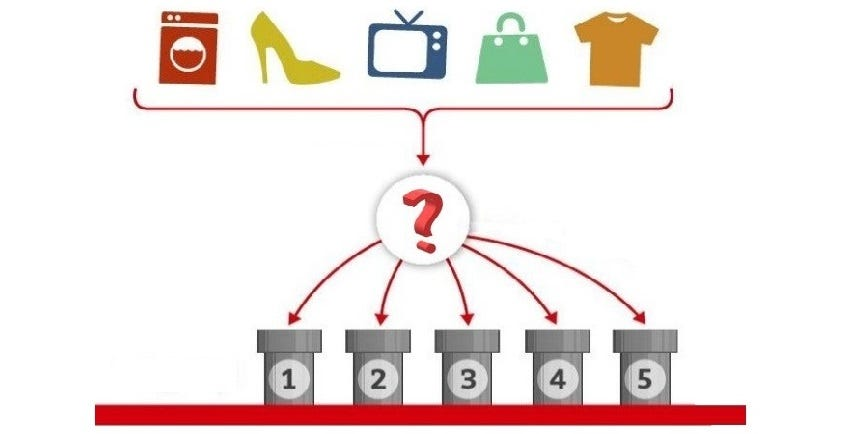Why Your Business Needs a Category Management Strategy?
Every business purchases its supplies for either raw materials or consumables like stationery for in-house use. Retail businesses order merchandise and sell it after a markup that covers their costs like warehousing, store rent, staff salaries, etc. The ability to source the inputs as and when required, while reducing the cost of dead-stocks and inventory pile-ons, and not escalating the cost is nothing short of a culmination of strategy and art. Category management procurement deals are profitable for an organization that chooses to leverage the benefits.

When we enter supermarkets, we can navigate long aisles as we read the placards that direct us to the item we need. For instance, whether you like rolled oats or wheat flakes, everything is available in the breakfast cereal section. Skin care products may be nearer to cosmetics, but both product lines will not be mixed up. Segregation and grouping them as per utility will help consumers and staff move through the myriad and finish shopping their list effortlessly.
Category management is the essence of grouping products as per their fit. Most categories are defined by the type and utility of the product. Other categories can be based on the value, supplier, risk associated with availability, and location of the source products. The whole spend analysis can be broken down into different SKUs, making it easy to make valuable decisions based on the insights. It helps to avoid duplicates, negotiate prices when purchasing in bulk, source items that are in demand and low in supply to avoid the risk of non-availability, and ensure that optimum value is derived for every unit of currency spent. Here are some benefits that your business can avail through category management:
Scalable Growth
Consumers' insights will reflect the category of products that have maximum demand. Stocking up on products that consumers want will be beneficial in two ways. It increases sales, and there is no need for extra marketing as they already have considerable traction. Thereby, the margins of the company improve.
Consumer Experience Is Amplified
Customers get disappointed when they can't refill products that they have been looking for. They will move on to competition if their cart is not filled with their desirable products. Category management will give your business the means to stay on top of sourcing the products so that your consumers always find what they want at a reasonable price. You have loads of happy consumers who will return for more when they need to shop again.
Power to Negotiate
A vendor will not lose business over prices when volumes can pump up the margins. Bulk ordering through grouping products under a category will empower the sourcing team with room to negotiate prices and bulk discounts. With continuity of business, a strong relationship is fostered that is advantageous for business.
Conclusion:
When a business has multiple SKUs, it is not possible to know the winning product. Optimizing resources through strategic purchases is possible through the insights of spend analysis of each category and selling a mix of products.
Subscribe to Latin Post!
Sign up for our free newsletter for the Latest coverage!











